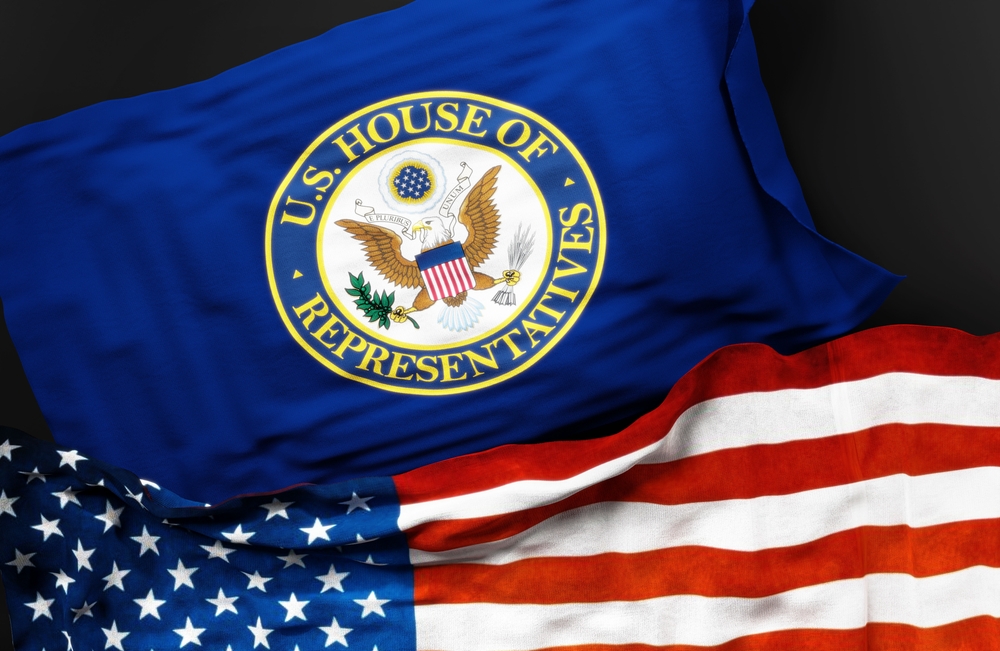The US House of Representatives has established new regulations surrounding the use of AI chatbots within congressional offices.
In a memo issued on Monday, the House Chief Administrative Officer, Catherine L. Szpindor, asked House staff to only use ChatGPT Plus. The memo states, “The Plus version of the product incorporates important privacy features that are necessary to protect House data.”
ChatGPT Plus is permitted exclusively for “research and evaluation” purposes, with privacy settings enabled, and staff are expressly prohibited from inputting “any blocks of text that have not been made public” into the system. ChatGPT Plus allows users to prevent their chats from being saved to the system and used for training, accessible in “Settings” and “Data Controls.”
Additionally, no other language models are authorized, and staff can’t integrate them into their general workflows. “No other versions of ChatGPT or other large language models AI software are authorized for use in the House currently,” Szpindor wrote in the memo.
Many companies prohibit employees from using chatbots, such as Apple and Google, which warned staff not to share private information with AI models, including Google’s own Bard.
ChatGPT is far from impenetrable – it suffered a leak in March, where some users could see the titles of other users’ conversations. A cyber security firm said over 100,000 stolen ChatGPT logins are available on the dark web.
The US took a step towards AI regulation after a call to action by Senate Majority Leader Chuck Schumer. Schumer urged Congress to expedite legislation to harness the technology while mitigating risks. Schumer said, “Some experts predict that in just a few years the world could be wholly unrecognizable from the one we live in today. That is what AI is: world-altering.”
In recent days, Senators Richard Blumenthal and Josh Hawley recently proposed a provision to ensure that AI companies are not shielded by Section 230, which could expose AI companies to legal liabilities.
Last week, Biden met with several AI executives, commenting, “We’ll see more technological change in the next 10 years than we’ve seen in the last 50 years – and maybe even beyond that.”
The EU’s AI Act is still set to become the West’s first overarching piece of AI regulation, but the US is not far behind.





